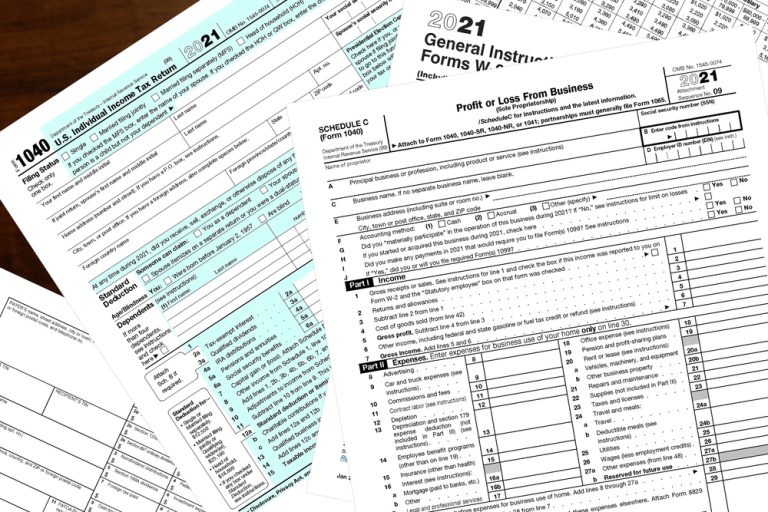1st DCA Clears Up When 180-Day Rule Applies in Officer's Rights Cases
1st DCA Clears Up When 180-Day Rule Applies in Officer's Rights Cases
Before McQuade v. Fla. Dep’t of Corrections[1] rehearing was denied on Jan. 25, 2011[2], there were misperceptions as to the application of the 180-day rule under the Office Bill of Rights (“LEO”). The facts in McQuade are as follows: On December 18, 2008, the warden signed an incident report prepared by a correctional officer alleging that fellow officer Robert McQuade had violated the Department’s rules by allowing a convicted felon to live in staff housing without permission. On June 11, 2009, the Inspector General’s Office interviewed McQuade about the infraction, then on August 19, 2009, more than 180 days from the date of the warden’s signature, McQuade received a predetermination letter informing him that disciplinary charges were being pursued, and that he would have the opportunity to respond to those charges on August 28, 2009, at a predetermination conference. McQuade participated in the conference, and then on September 18, 2009, the Department dismissed him.
McQuade filed a career service appeal with the Public Employee Relations Commission (“Commission”) arguing that reinstatement was required under Section 112.532(6)(a), Florida Statutes (2008), a provision of LEO. The Commission dismissed the appeal stating that the 180-day rule only applies when the complaint against the officer originates from outside of the agency.
McQuade then filed another appeal and the 1st DCA affirmed, holding that the 180-day deadline does not apply to internal disciplinary matters arising from information provided by an agency officer, as opposed to a complaint made by a public citizen; and also that the Commission lacked authority to provide McQuade relief for a violation of the LEO Bill of Rights.
The Court had two issues to take into account:
- Whether the 180-day rule for completing an investigation applies to the investigation of any allegation regardless of where it originates?
- Whether the Commission has authority to enforce Section 112.532(6)(a), Florida Statutes (2008).
The 180-Day Rule Does Not Apply To Internal Agency Complaints.
The Court in McQuade relied on Migliore v. City of Lauderhill[3], which was adopted by the Florida Supreme Court[4] in 1983, for the proposition that the LEO Bill of Rights does not apply to investigations initiated by a complaint that originates from within the agency that employs the officer under investigation.
In Migliore, city police officers who had been discharged sought the extraordinary writ of mandamus to compel the City of
Relying on the reasoning of the Migliore Court (especially its definition of the word “receipt”) the Court in McQuade concluded that it was constrained to hold that Section 112.532(6)(a) – which states that the 180-day period for completing an investigation begins to run when the agency “receives notice of an allegation” – does not apply to complaints that originate from within an agency. Therefore, the 180-day rule did not apply in McQuade’s case.
The Commission Lacks The Authority To Enforce The Provisions Of LEO
The 1st DCA looked to three statutory provisions to determine whether the Commission had authority to grant McQuade relief from the Department’s alleged violation of the LEO Bill of Rights.
First, the Court examined Section 447.207, Florida Statutes (2009), which establishes the Commission’s powers and duties. This Section provides in relevant part that “[t]he [C]omission or its designated agent shall hear appeals arising out of any suspension, reduction in pay, demotion, or dismissal of any permanent employee in the State Career Service System in the manner provided in s. 110.227.
Accordingly, the Court looked to Section 110.227(6)(c), Florida Statutes (2009), which defines the scope of the Commission’s review in a career service appeal. That provision states:
If the commission finds that cause did not exist for the agency action, the commission shall reverse the decision of the agency head and the employee shall be reinstated with or without back pay. If the commission finds that cause existed for the agency action, the commission shall affirm the decision of the agency head. The commission may not reduce the penalty imposed by the agency head, except in the case of law enforcement or correctional officers, firefighters, and professional health care providers, if the commission makes specific written findings of mitigation.
Therefore, the Court noted that this provision directs the Commission to determine whether cause existed for the employee’s discipline or dismissal. It further noted that Section 110.227 does not indicate that a career service appeal is a plenary review of agency action. To the contrary, it pointed out that “an alleged improper investigation prior to disciplinary action will not constitute the basis for reversing an agency’s discipline absent a showing that the employee was prejudiced in defending himself in a subsequent de novo career service appeal before the commission.”[7]
Finally, the Court examined the LEO Bill of Rights itself, which indicates in Section 112.534(1) that enforcement of its provisions is to be accomplished through the circuit court, rather than the Commission.
Based on this language, the Court concluded that McQuade’s only remedy was to seek injunctive relief through the circuit court. Therefore, the Court ultimately held that because McQuade did not seek an injunction from the circuit court before he was dismissed or show prejudice in the proceedings before the Commission resulting from the violation of the 180-day rule, he was not entitled to reinstatement on the basis of that violation.
[1] McQuade v. Fla. Dep’t of Corrections, 2010 WL 4829816(Fla. 1st DCA 2010).
[2] McQuade v. Fla. Dep’t of Corrections, 51 So.3d 489 (Fla. 1st DCA 2010), rehearing denied (Jan. 25, 2011).
[3] Migliore v. City of Lauderhill, 415 So. 2d 62 (Fla. 4th DCA 1982).
[4] Migliore v. City of Lauderhill, 431 So. 2d 986, 987 (
[5]
[6]
[7] Gilbert v. Dep’t of Envtl. Prot., 17 F.C.S.R. 396, 398 (2002).








